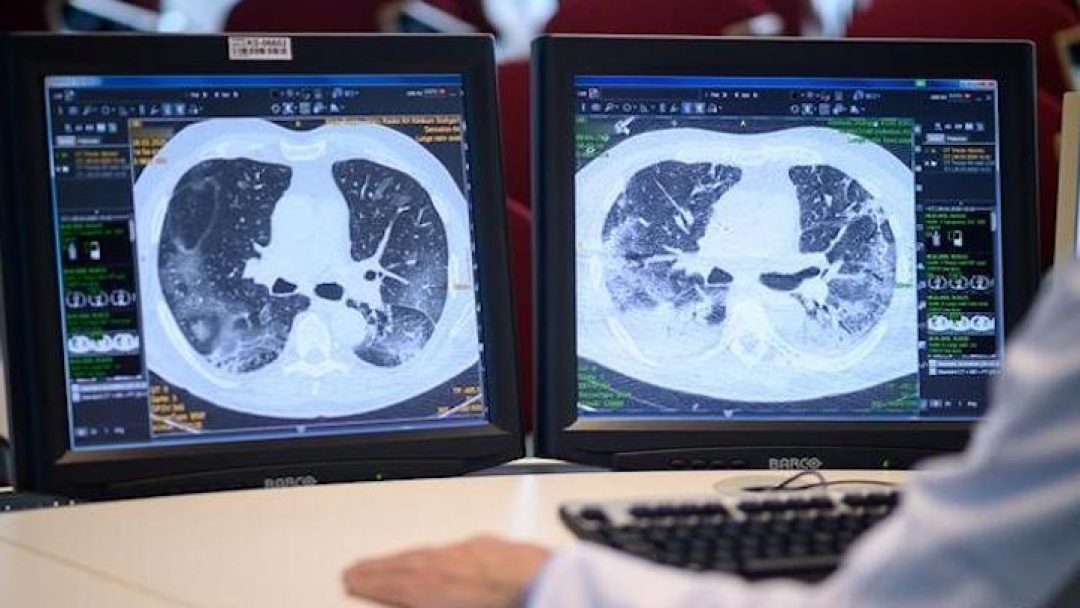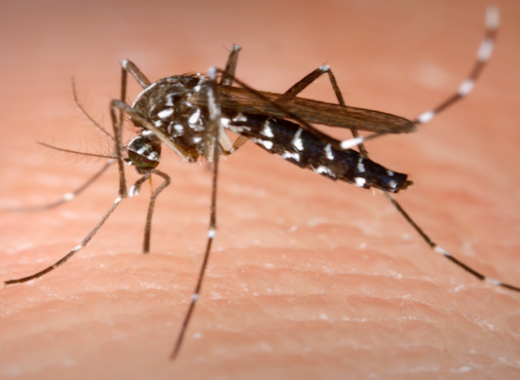Arizona doctors are concerning seeing a trend with COVID-19.
A new study shows that many who are asymptomatic with the Coronavirus, may have long-term lung damage just as those who have gotten a severe case. Arizona doctors find this concerning as the number of young people coming down with coronavirus continues to skyrocket in the state.
“You look at a chest X-ray and say, ‘My God, this guy should be dead!’ And you talk to them, and they say, ‘No I feel fine. I’m not that bad,’ and they’re relatively asymptomatic,” said emergency medicine Dr. Frank Lovecchio.
A study out of the Scripps Research Institute in San Diego supports what Dr. Lovecchio is seeing first hand. The study found that on the Diamond Princess cruise ship earlier this year where there was a COVID outbreak, more than half of the 76 asymptomatic people infected on board now show significant lung abnormalities that weren’t immediately evident.
“The few times I’ve seen it and my colleagues, it’s usually been younger folks,” said Lovecchio.
This is a huge concern in Arizona because over 39,000 of the state’s COVID cases are in the 20 to 44 age group. However, Dr. Lovecciho said these people may not even be aware that their lungs are in poor condition.
“The body is so smart that if one area of the lung is blocked off because there is virus in there, it will say, ‘I’m not going to give you blood!’ And shunt blood, or move blood, to another part of the lung,” he said.
He explained also that younger people specifically have more lung capacity.
“It’s truly amazing that you can cut off like 10% of your lung and have no difference in your respiratory reserve or how you’re breathing, etc., so that’s probably what we’re seeing,” Dr. Lovecchio said.
The doctor pointed out that this finding doesn’t mean everyone who is asymptomatic will have long term lung effects, but he does say it’s something important to be aware of and to watch for. With this virus, doctors do not know the impact or what effects those could be and for how long the patient could have them.
“The thing that troubles us, the thing that scares us is, is this going to last forever?” he said.








